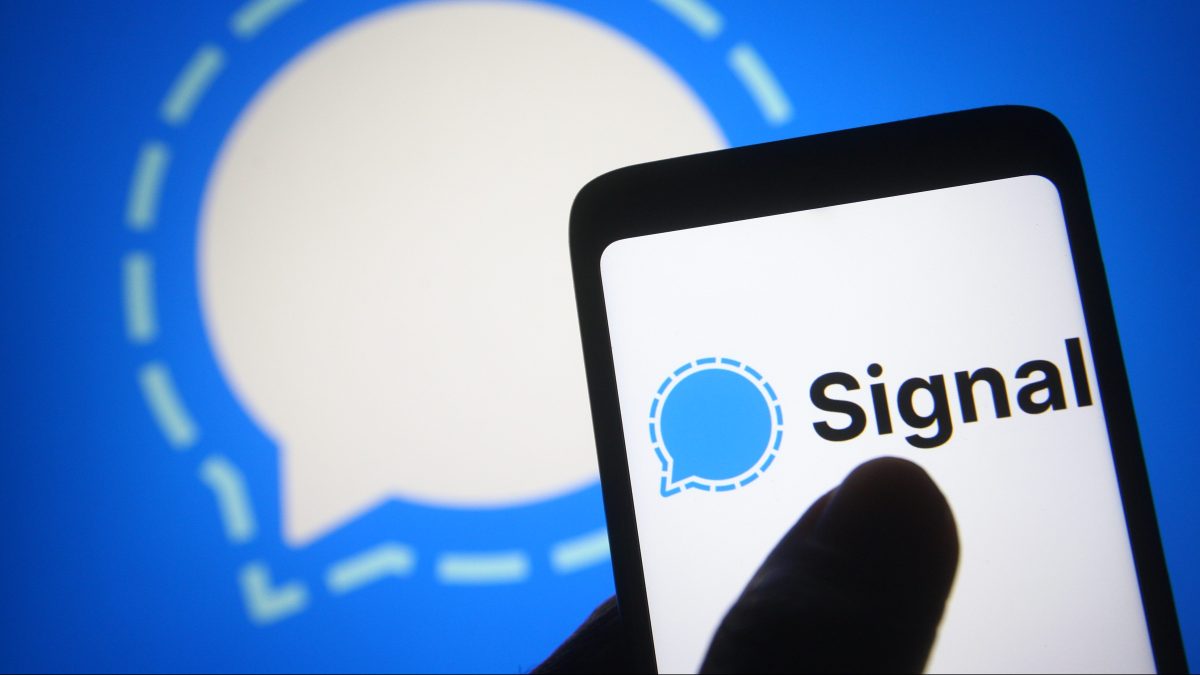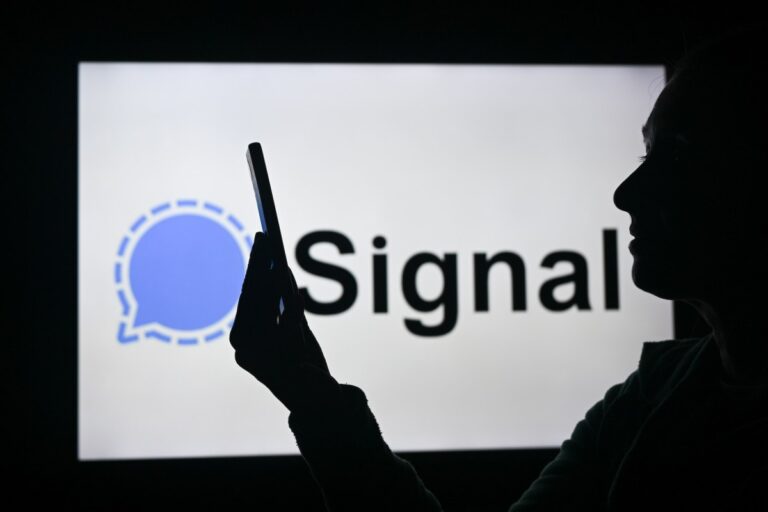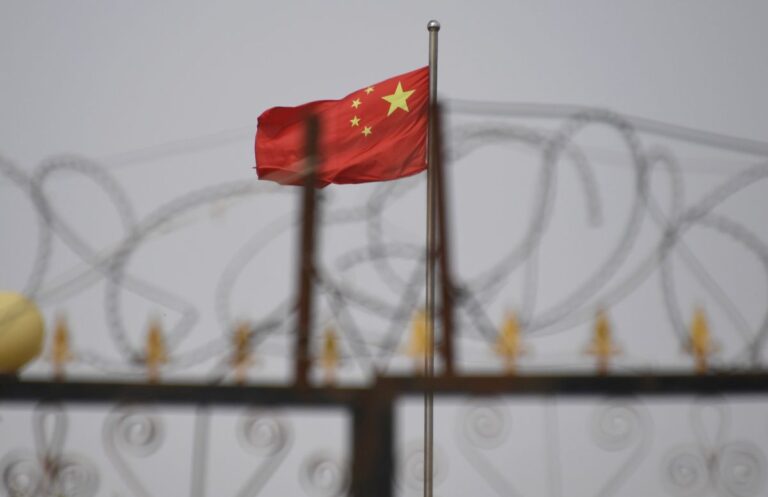Inside the Trump Administration: Unauthorized Yemen Strikes Discussed in Secret Signal Chat
The recent incident involving the Trump administration’s national security team has raised significant concerns about communication security. In a surprising turn of events, Jeffrey Goldberg, the editor-in-chief of the Atlantic, found himself inadvertently included in a confidential chat on Signal discussing critical plans to attack Yemen’s Houthis.
Unexpected Inclusion in Sensitive Discussions
On March 15, Goldberg received messages just two hours prior to the U.S. military’s airstrikes. He expressed his disbelief at the situation, stating, “I could not believe that the national-security leadership of the United States would communicate on Signal about imminent war plans.”
Concerns Over Communication Security
Signal, along with other commercial tech platforms, is not sanctioned for the exchange of sensitive information among government officials. This incident has sparked discussions about the security protocols in place for national security communications.
Initial Reactions and Confirmations
Initially, Goldberg suspected he was being misled by bad actors attempting to fabricate a story in the Atlantic. However, a spokesperson from the National Security Council later confirmed the authenticity of the message chain, leading Goldberg to state, “I have never seen a breach quite like this.”
Implications of the Incident
This embarrassing blunder highlights the potential risks associated with using commercial messaging platforms for sensitive discussions. Here are key takeaways:
- Security Protocols: The need for stringent security measures in government communications is paramount.
- Platform Suitability: Questions arise about the appropriateness of using commercial messaging apps for confidential matters.
- Public Accountability: This incident underscores the importance of accountability and transparency in government operations.
For more insights on government communication security, check out our article on Government Communications.
To learn more about the implications of miscommunication in national security, visit Brookings Institution.







